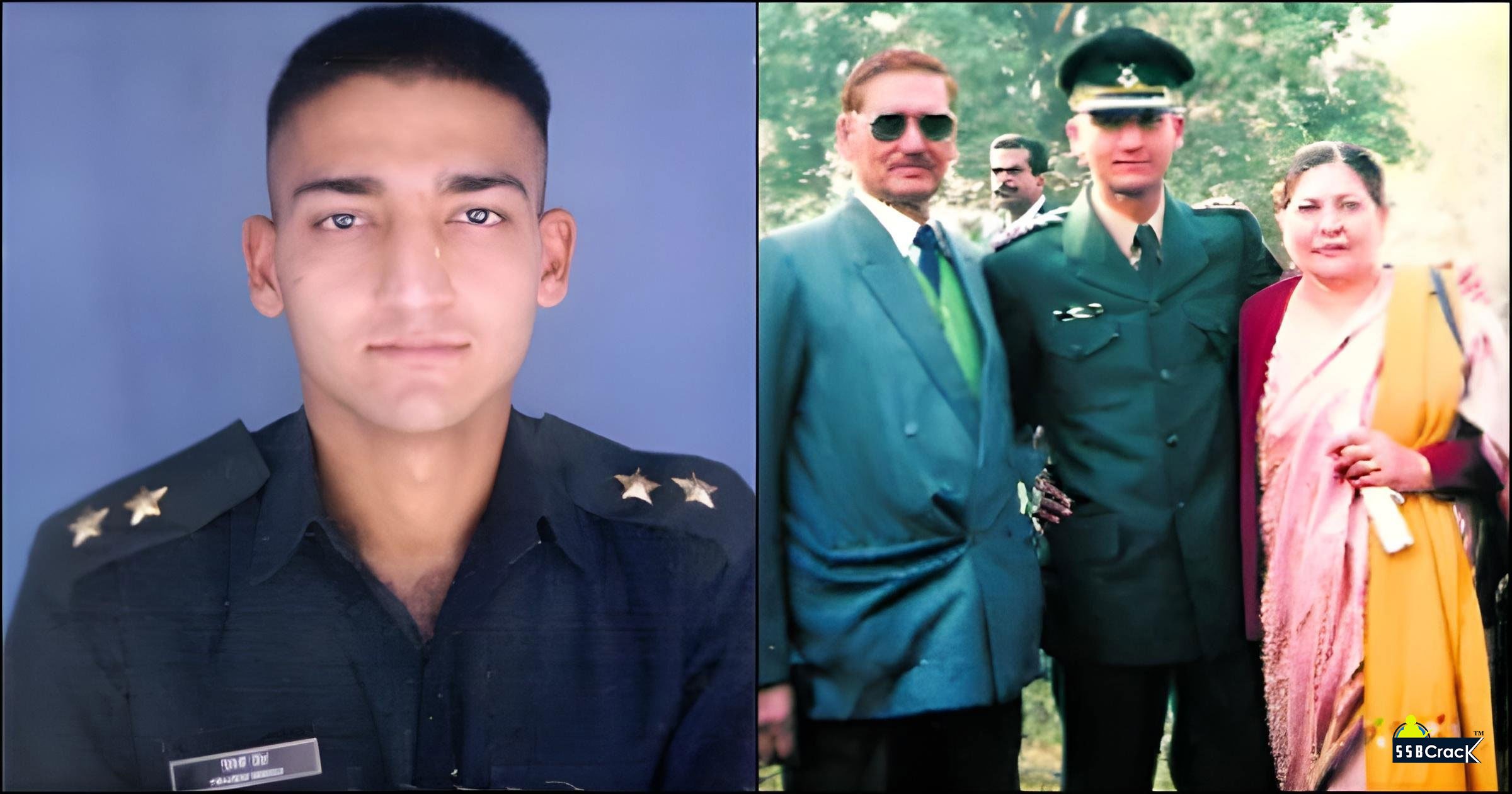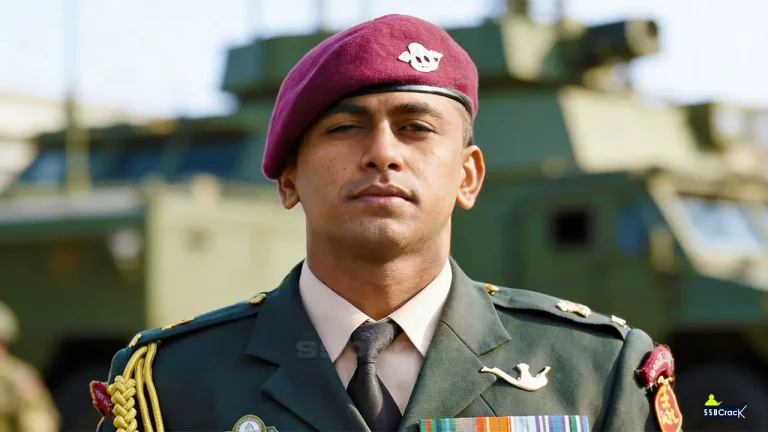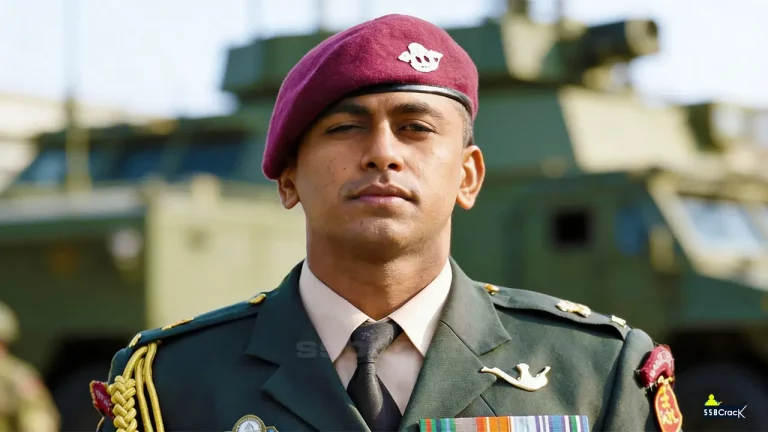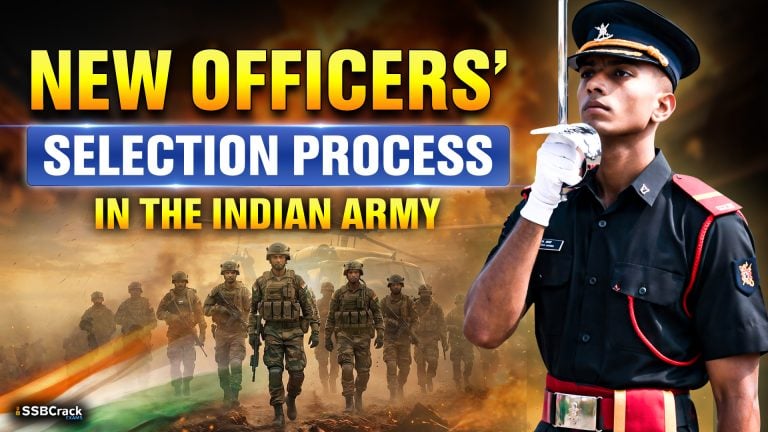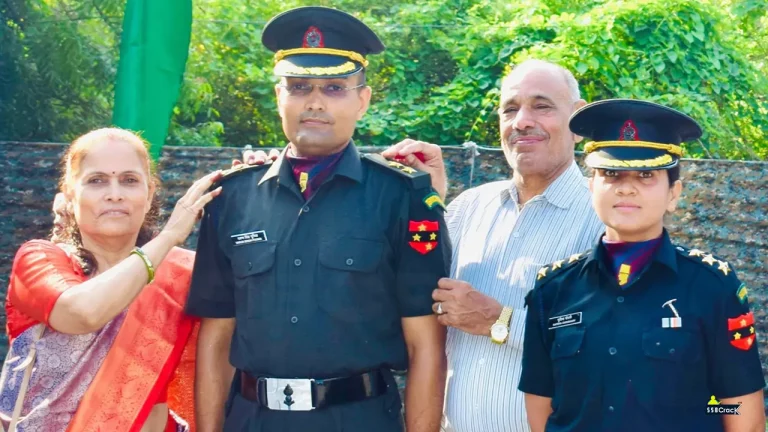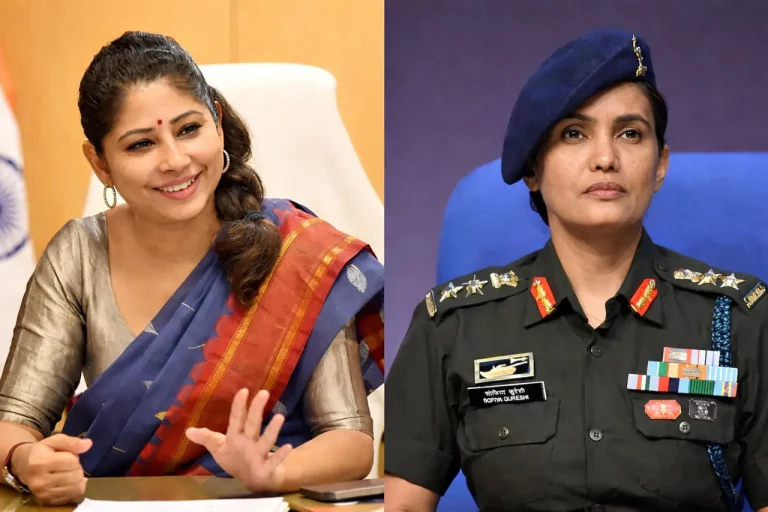Lieutenant Triveni Singh, a name synonymous with valor and sacrifice, emerged as a beacon of hope during one of the darkest hours in Indian history. His unwavering courage during the terrorist attack on Jammu Railway Station on January 2, 2004, not only saved countless lives but also earned him the prestigious Ashok Chakra, India’s highest peacetime gallantry award.
This article delves into the life, bravery, and legacy of Lt. Triveni Singh, a true hero whose actions resonate with patriotism and selflessness.
Early Life and Background
Childhood and Education
Born on February 1, 1978, in Namkum, Jharkhand, Triveni Singh was raised in a family steeped in military tradition. His father, Captain Janmej Singh Thakur, served in the Indian Army, undoubtedly influencing Triveni’s aspirations from a young age. Growing up in Pathankot, Punjab, he attended St. Joseph Convent School, where he excelled academically and developed a passion for sports, particularly martial arts and swimming.
Academic Pursuits
After completing his schooling, Triveni pursued higher education at Punjab Agricultural University in Ludhiana. His dedication to physical fitness was evident as he became a national-level champion in karate and swimming. This combination of academic excellence and athletic prowess laid a strong foundation for his future endeavors in the military.
Joining the Indian Army
In December 2001, Triveni Singh’s dreams materialized when he graduated from the Indian Military Academy in Dehradun, commissioning as a Lieutenant in the esteemed 5 Jammu and Kashmir Light Infantry (JAK LI). This regiment is renowned for its courage and numerous battle honors, and Triveni was poised to uphold its legacy.
The Fateful Day: January 2, 2004
Initial Reports of the Attack
On the evening of January 2, 2004, chaos erupted at the Jammu Railway Station as two heavily armed terrorists from the notorious Lashkar-e-Taiba initiated a brutal assault on innocent civilians. The attack resulted in immediate casualties, with initial reports indicating the death of several passengers and many others injured. As news of the incident reached Lt. Triveni Singh, he was quick to respond.
Mobilizing the Quick Reaction Team
Upon receiving orders from his commanding officer, Triveni recognized the urgency of the situation. Instead of merely alerting his fellow officers, he sought permission to lead the Quick Reaction Team himself. His swift decision-making and leadership were crucial as he and his team raced towards the station, fully aware of the imminent danger.
Arriving at the Scene
Upon arrival, Lt. Triveni Singh quickly assessed the situation. The terrorists had already inflicted significant harm, and panic ensued among the crowd. Without hesitation, he ordered his troops to cordon off the area, demonstrating his tactical acumen under pressure. The first militant was swiftly neutralized by Triveni, but the second posed a grave threat from an elevated position.
Preparing for the SSB Interview? Join Our Online SSB Interview Course
The Heroic Confrontation
Engaging the Terrorists
With the lives of over 300 passengers at stake, Lt. Triveni Singh exhibited unparalleled bravery. He charged towards the second terrorist, who was armed with lethal weapons and firing indiscriminately. Triveni understood the gravity of the situation; the safety of countless civilians depended on his actions.
The Intense Gunfight
The ensuing gunfight was fierce and chaotic. Lt. Singh employed a zigzag approach to minimize exposure while closing in on the terrorist. Despite facing heavy fire and grenades, he remained resolute. Witnesses later recounted how he engaged in hand-to-hand combat with the second militant after sustaining injuries. His determination to protect the innocent was evident in every move he made.
The Final Stand
In a heroic display of valor, Lt. Triveni Singh managed to eliminate the second terrorist, but not without paying the ultimate price. He succumbed to his injuries shortly after achieving his mission, his body found mere inches away from the terrorist he had just killed. His last words, “Mission accomplished, Sir,” echoed the spirit of a soldier who fulfilled his duty to the nation.
Legacy and Recognition
Posthumous Honors
For his extraordinary gallantry and supreme sacrifice, Lt. Triveni Singh was posthumously awarded the Ashok Chakra on January 26, 2004. His father, Captain Janmej Singh, received the award from then-President Dr. APJ Abdul Kalam during the Republic Day parade, a poignant moment that underscored the nation’s gratitude for his son’s bravery.
Impact on the Nation
The actions of Lt. Triveni Singh that fateful day not only saved lives but also inspired countless individuals to serve the nation. His legacy continues to resonate within the Indian Armed Forces, serving as a reminder of the sacrifices made by soldiers to ensure the safety of their fellow citizens.
Memorials and Tributes
In honor of his sacrifice, various memorials and tributes have been established across India. His family unveiled a statue at the Sunjuwan Military Station, a testament to the enduring spirit of a soldier who epitomized courage and dedication.
Must Read Books for SSB Interview Aspirants – Read Now
Remembering Lt. Triveni Singh
A Symbol of Bravery
Lt. Triveni Singh’s story serves as a powerful reminder of the sacrifices made by those in uniform. His bravery during the Jammu Railway Station attack exemplifies the essence of service before self, a principle that resonates deeply within the Indian Armed Forces.
Inspiring Future Generations
The tale of Lt. Triveni Singh continues to inspire future generations of soldiers and civilians alike. His commitment to duty, even in the face of overwhelming odds, encourages individuals to pursue their aspirations with unwavering determination and courage.
Conclusion
In conclusion, the story of Lt. Triveni Singh is one of heroism, sacrifice, and unwavering commitment to the nation. His actions during the Jammu Railway Station attack exemplify the highest ideals of military service and continue to inspire countless individuals to uphold the values of bravery and selflessness. As we remember Lt. Triveni Singh, let us honor his legacy by fostering a spirit of patriotism and dedication to our country.
FAQs
What was the Ashok Chakra awarded to Lt. Triveni Singh for?
The Ashok Chakra was awarded to Lt. Triveni Singh posthumously for his extraordinary gallantry during the terrorist attack at Jammu Railway Station on January 2, 2004, where he saved numerous lives at the cost of his own.
How did Lt. Triveni Singh die?
Lt. Triveni Singh died during a fierce gunfight with terrorists at Jammu Railway Station. Despite sustaining severe injuries, he continued to engage the militants and successfully neutralized them before succumbing to his wounds.
What is the significance of Lt. Triveni Singh’s legacy?
Lt. Triveni Singh’s legacy serves as a symbol of bravery and selflessness within the Indian Armed Forces. His actions continue to inspire future generations to serve the nation with honor and courage.
Where can I learn more about Lt. Triveni Singh?
You can learn more about Lt. Triveni Singh through various online resources, including military history websites, documentaries, and articles that detail his life and heroic actions.
